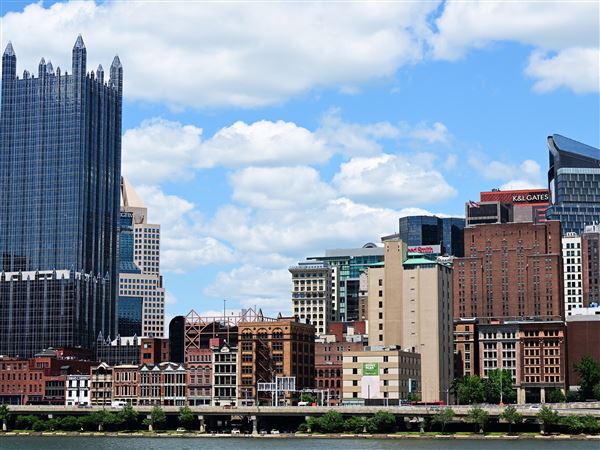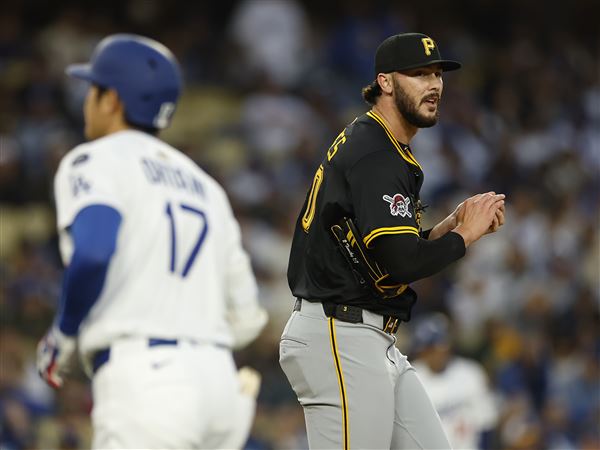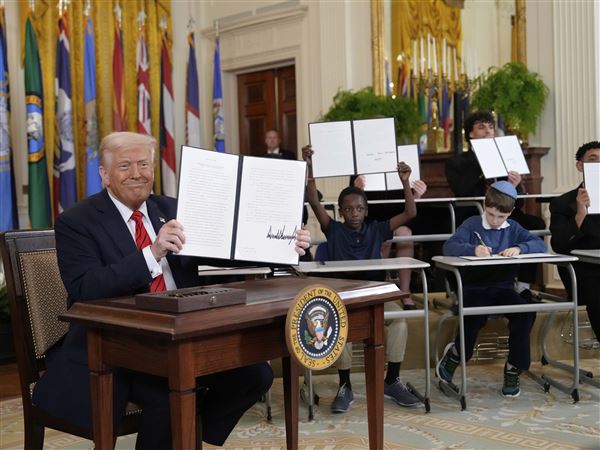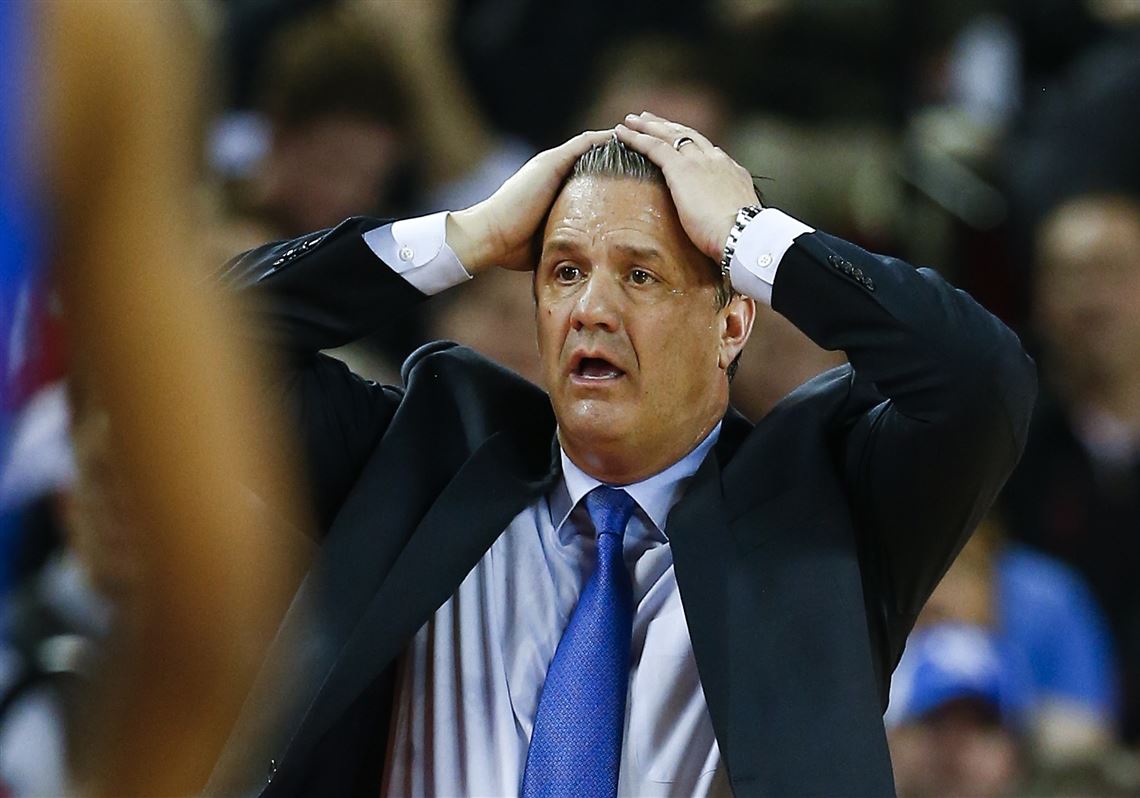By almost all accounts, John Calipari is a great guy. He’s a famous basketball coach with a big heart, who has never forgotten his Western Pennsylvania roots. He has flown some of his former high school (Moon) and college (Clarion) coaches to Final Four sites. He has awarded some of them with championship rings. He has flown from Lexington to Pittsburgh to visit a sick friend. He genuinely loves to extend kindness.
Among the people who know him well and away from the coaching profession, it’s hard to find a negative word about Calipari.
He’s also a very good coach who has taken advantage of the rules to build a budding dynasty at the University of Kentucky. Above all, he is the John Wooden of recruiting. His ability to entice future NBA stars to Kentucky has changed the face of college basketball, as others -- those who can -- seek to emulate his formula.
With a much-tougher-than-expected win over Notre Dame last night, Calipari advanced to his fourth Final Four in six years at Kentucky. The Wildcats are favored to win their second NCAA title under Calipari.
Such success deserves acclaim and he is receiving that from almost all quarters.
But no one should turn a blind eye to the scandals that have marked Calipari’s career. Other coaches have won more NCAA titles than Calipari, others have advanced to more Final Fours and even in a shorter period. But no coach in the history of college basketball has had two Final Four appearances vacated. That is truly unique.
Calipari’s Final Four appearances at Massachusetts (1996) and Memphis (2008) were vacated, as were the postseason wins, for NCAA violations. Calipari was never charged but the disgraces left a clear mark on his career even if some refuse to acknowledge it.
Calipari, an assistant at Pitt under Roy Chipman and Paul Evans, left UMass almost immediately following the scandal that involved illegal payments to Marcus Camby. After a failed stint as head coach with the New Jersey Nets and an assistant’s job with the Philadelphia 76ers, he was finishing his third year at Memphis, when Ben Howland resigned at Pitt. Calipari wanted the Pitt job -- badly. Pitt did not want him. Whether that was a decision made solely by Pitt chancellor Mark Nordenberg or one suggested to him by Big East commissioner Mike Tranghese is unclear. But he never had a chance at Pitt.
Although Pitt would not turn a blind eye to the disgrace at Massachusetts during Calipari’s tenure, Massachusetts -- off all places -- has.
In a far greater example of March Madness than any astounding NCAA tournament upset, Massachusetts made this announcement earlier this month:
''March 4, 2015
''AMHERST, Mass. - As part of a 20th anniversary celebration of the UMass men's basketball 1995-96 Final Four team, the University of Massachusetts Department of Athletics announced Wednesday plans to retire a jersey in honor of John Calipari during the 2015-16 season.’’
How do you break the news to UMass that the Final Four appearance it is celebrating does not really exist? And that it does not exist because the school was in violation of NCAA rules. How pathetic and shameless it is for a school to have the need to celebrate an athletic accomplishment that officially does not exist because it is scarred by illegality.
When New York Times columnist Michael Powell questioned the honor UMass is bestowing on Calipari, the school replied, in part, with this sentence, which truly defies logic:
“To argue that the University of Massachusetts should not honor these accomplishments because of press reports speculating about improper behavior flies in the face of the actual history.”
Speculating? Camby admitted his guilt shortly after the 1996 season.
And now comes word that Calipari was named a nominee for induction to the Basketball Hall of Fame, an organization that continually makes the mistake of inducting people before their careers are over.
Some might question Calipari’s qualification but no one can dispute it couldn’t happen to a nicer guy.
First Published: March 29, 2015, 9:30 a.m.
















